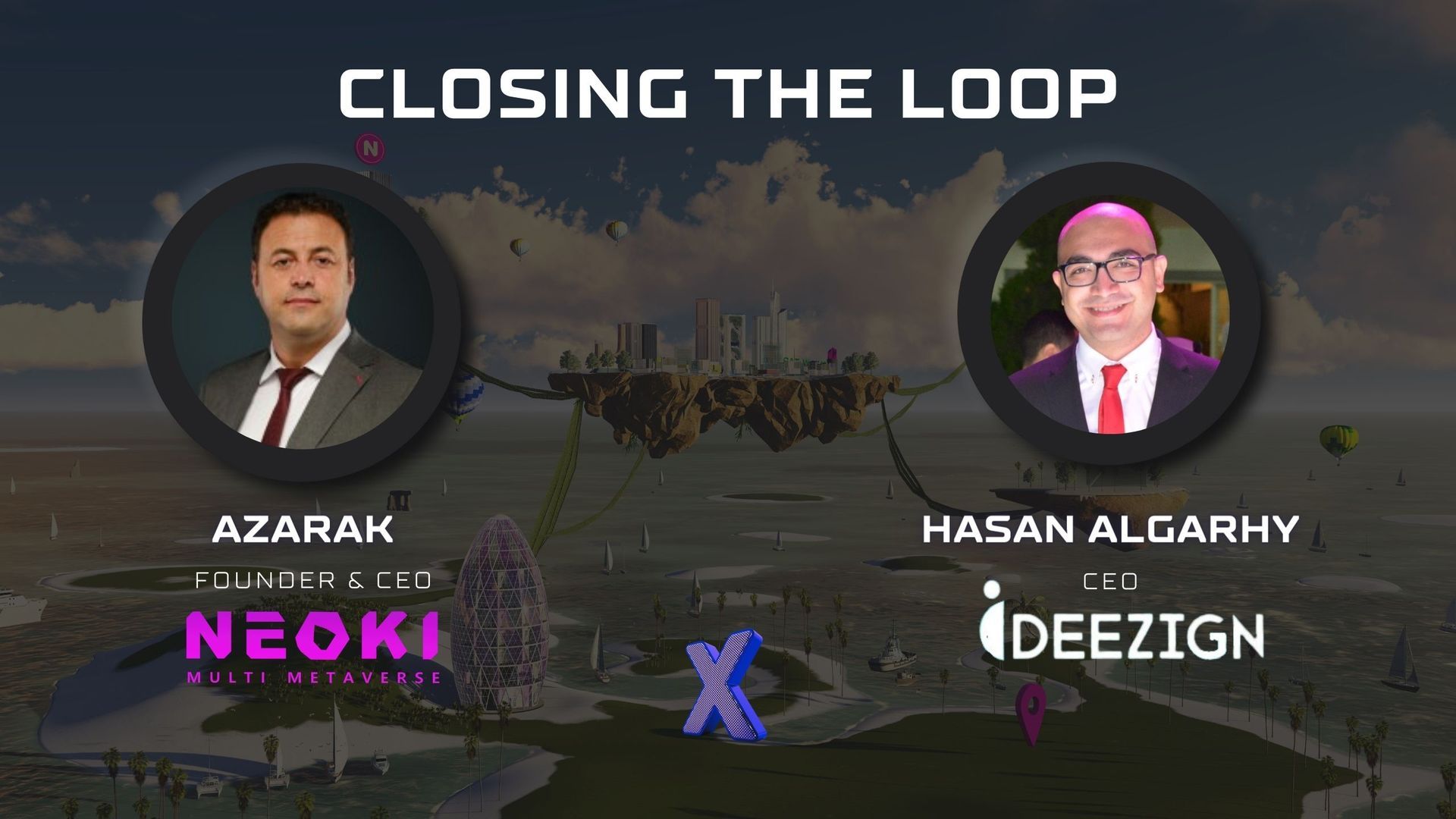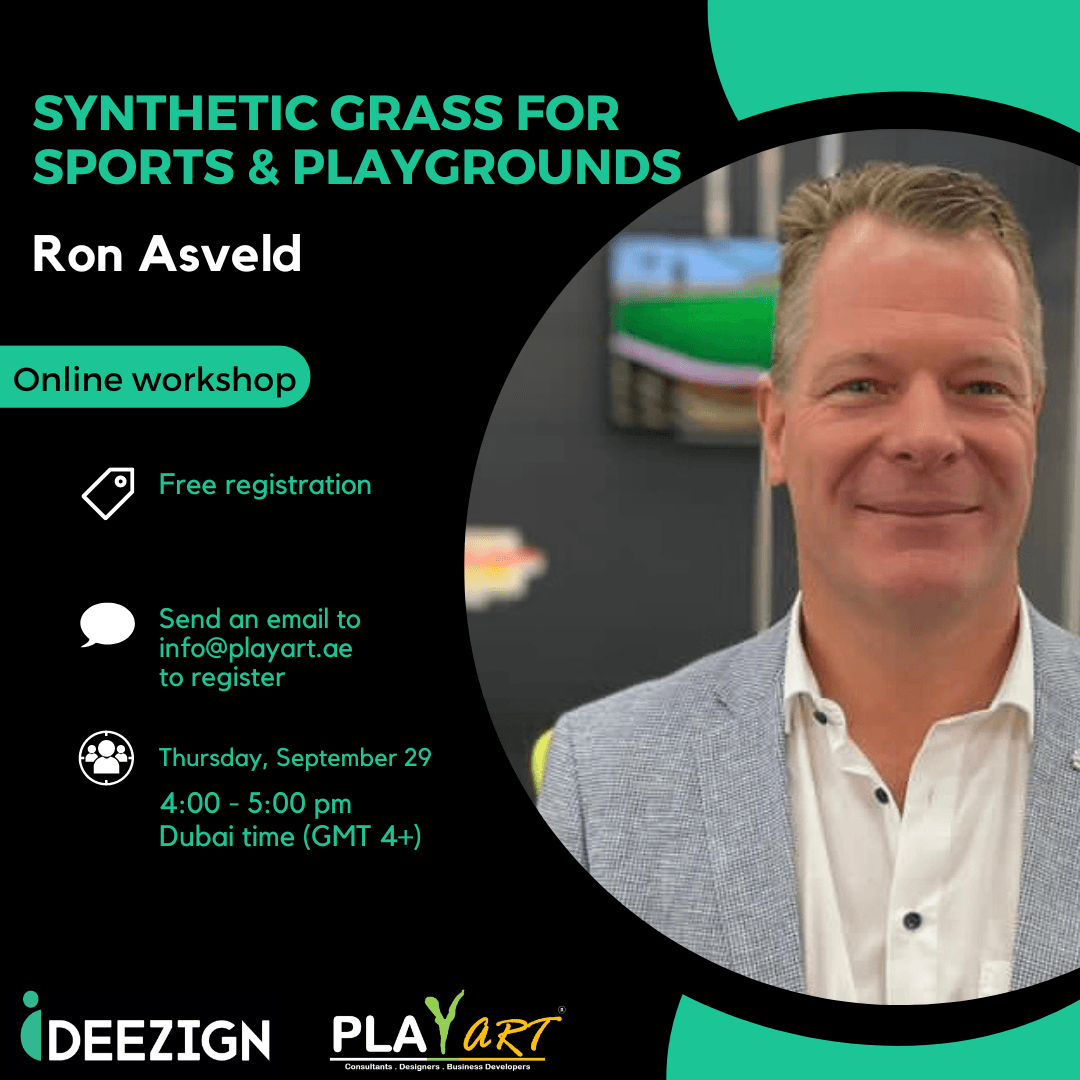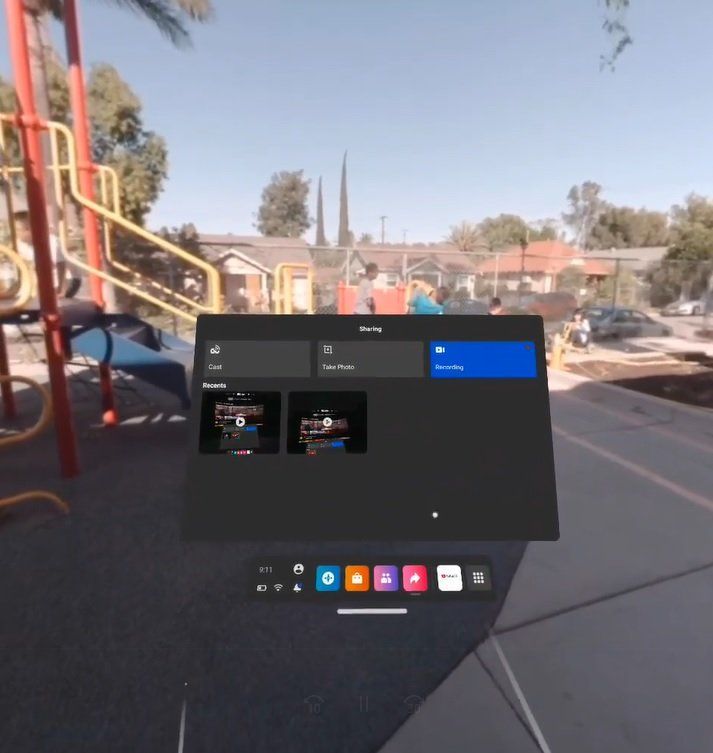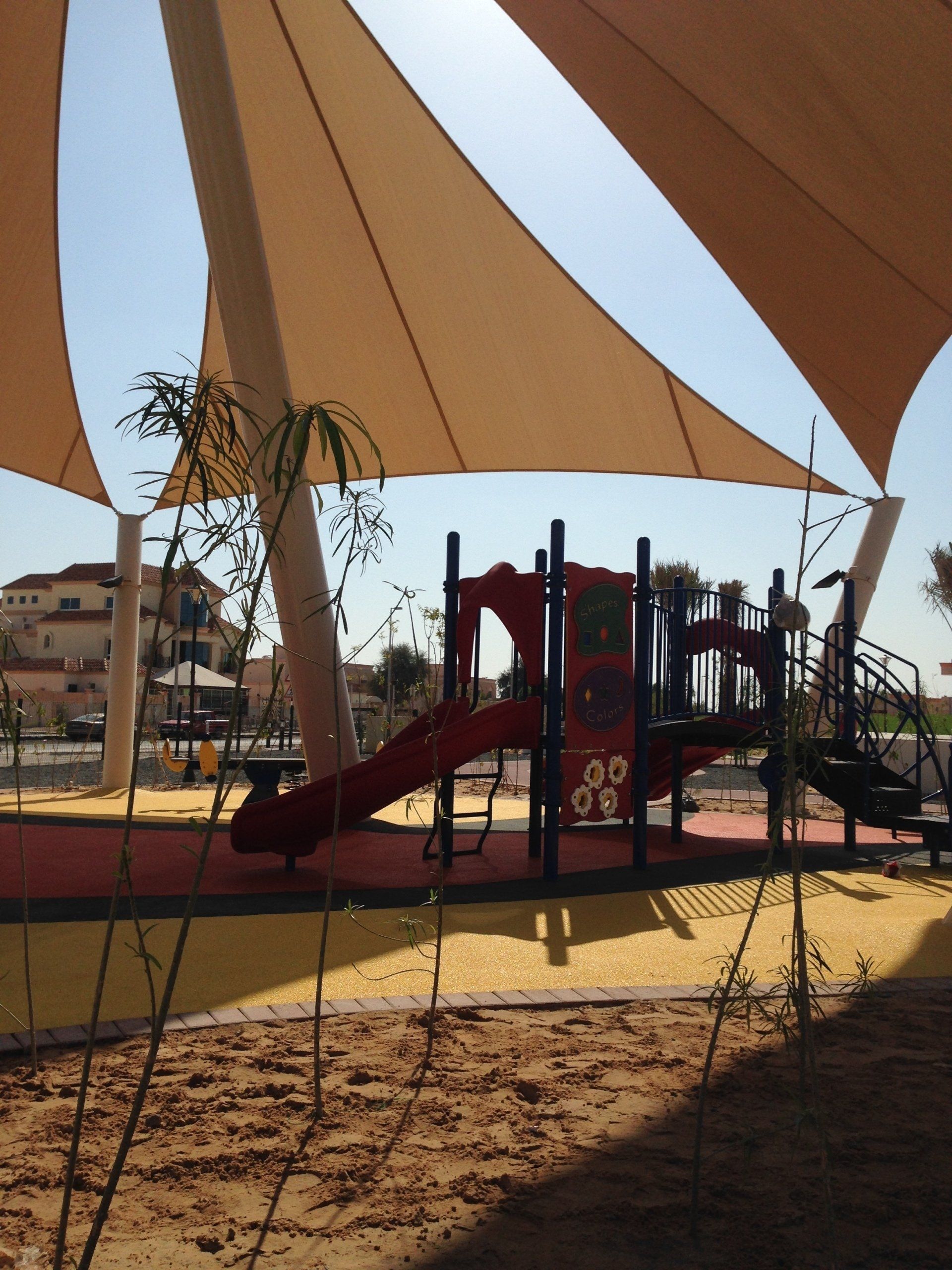Throughout the past 15+ years in the sports and leisure industry, we have seen companies starting and growing a six-figure business in the GCC with sustainable growth, while other companies fail to start or sustain their existing business despite the huge potential in the GCC market, and the quality of the products they offer.
Here are five main reasons why manufacturers struggle or fail to grow or sustain their business in the promising GCC market.
1. The wrong business model.
It is important to acknowledge that there is no standard business model that every manufacturer can follow on their way to a success story in the GCC market. Many factors could contribute to the success of the approach and business model, an example of that would be the nature of the product, and the distributorship agreements. While a model of hiring a regional business development manager to do direct sales or to follow up with the existing distributors could be very successful with one company, assigning an exclusive local distributor could be more successful for another company. Putting more weight on digital marketing and content creation could be a better approach for other companies. Usually, a probation period of three months on the ground could shape the best model or mix of models the manufacturer should follow to achieve better and more profitable revenues.
2. Lack of GCC export & market experience.
The GCC market consists of six countries: KSA, UAE, Kuwait, Qatar, Oman & Bahrain. Every country has its own set of rules and regulations. Additionally, every country has its own way of doing business. The problem is not usually in the logistics or documentation part, this could be learned and handled. Yet the problem usually lies in managing to acknowledge, and basically cope with the way every country is doing business which is usually quite challenging, especially for some European and American manufacturers. Yet, if the manufacturer managed to acknowledge and pass this barrier this would be one of the major steps toward a successful business in the GCC region. This could take years and could take just a few weeks, depending on the ability to identify the right business model. Consulting local experienced professionals in the region could save a lot of time and money.
3. Language barrier.
While the majority of the population in the GCC region does speak English, in some countries and with some clients, having someone on board who can speak Arabic as a native language and communicate with the clients in Arabic could be much more effective. Some of the major governmental clients do require to have the communication, including the email communications and sometimes even the technical submittals to be in the Arabic language.
4. Customer service
It is very important to train & prepare the export team, and the account managers handling the GCC on the nature of the business in this market. Every single individual should be well trained on how to handle different situations. A common attitude in the GCC region is taking too long to make the purchase decision, while once it is done, the delivery is required very quickly. Additionally, the clients tend to always request further discounts. This is applicable in other markets as well, yet enough attention should be given to avoid losing clients and sometimes strategic partners.
5. Underestimating the market potential.
Many manufacturers do fail to see the huge potential in the GCC market, mostly due to the wrong approach or business model. Which usually leads to not giving enough attention or investing in the right resources, or even refraining from approaching the market altogether. In the meantime, other manufacturers who do realize the potential of the market do, and settle on the right business model do generate great profits and manage to steadily grow their business and revenues in the region.
Contact us today for business consultancies and do not lose the opportunity: info@playart.ae







Contact us:
Office #103, Building A2, Dubai Silicon Oasis, DDP.
Dubai, United Arab Emirates
design@playart.ae
info@playart.ae
All Rights Reserved | Play Art


